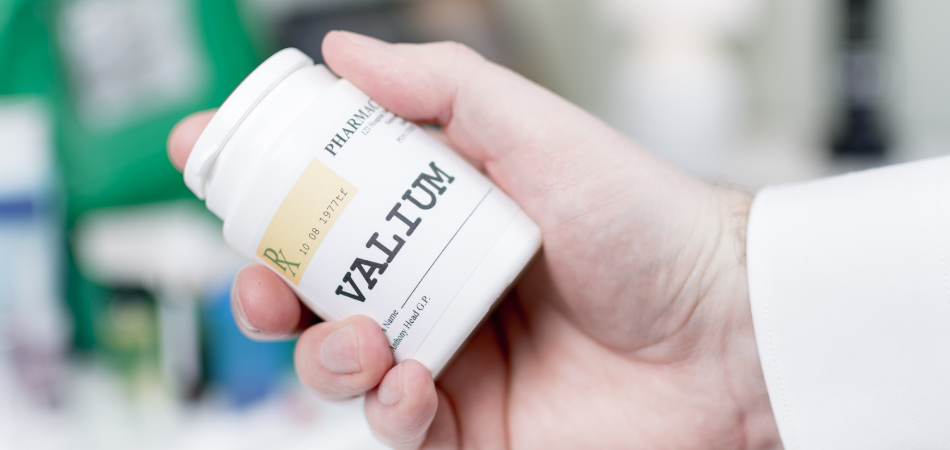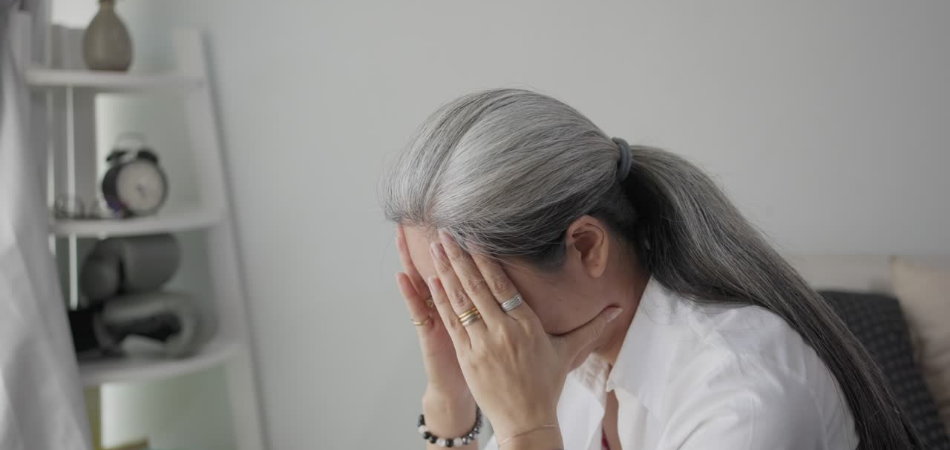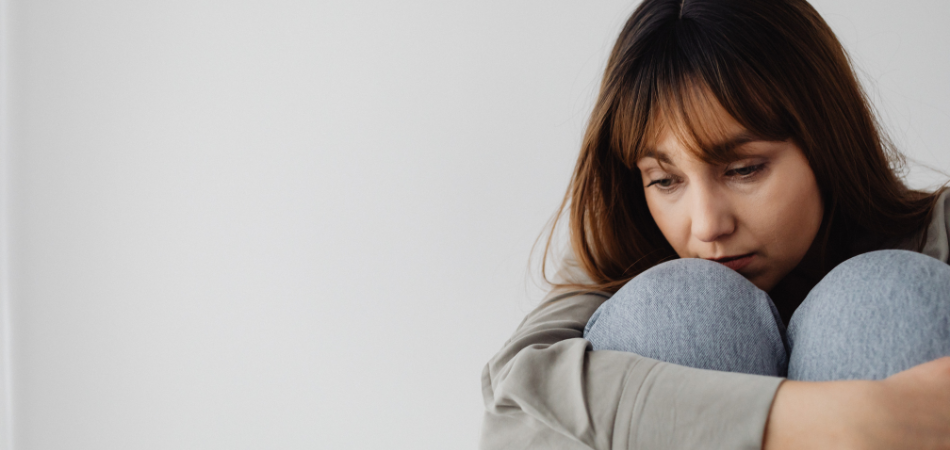Valium addiction

While diazepam (also known by its brand name, Valium) is vital for many people to live with a range of disorders, for those who develop an addiction, this medication can quickly become a nightmare. Diazepam addiction can develop very quickly and it is very difficult to quit the drug once you are addicted due to the powerful diazepam withdrawal symptoms. There were 243 Valium-related deaths in 2019 alone so it is vital that you seek help as soon as possible. If you are ready to take the necessary steps to change your life, overcoming Valium addiction is possible with the right treatment and support.
What is diazepam and how is it abused?
Diazepam is a type of Benzodiazepine medication typically used to treat anxiety, muscle spasms, sleep issues and alcohol withdrawal. It works by binding to GABA receptors in the brain, which helps to promote feelings of relaxation and calm.
In the UK, diazepam is only available on prescription and it is illegal to sell or supply the drug without a valid prescription. However, diazepam is regularly abused for its sedative and euphoric effects. People may take higher doses of the drug than prescribed, crush and snort the pills or take the drug more frequently than recommended to increase the high.
What is diazepam addiction?
Diazepam addiction is a common prescription drug addiction that is characterised by compulsive use of diazepam despite the awareness of harmful consequences.
Diazepam addiction has both physical and psychological aspects. On a physical level, when diazepam binds to the GABA receptors in the brain it results in a decrease in neurological activity. This can cause physical dependence on the drug, which means that your body becomes used to functioning with diazepam and struggles to cope without it.
Psychological dependence can develop when you feel like you need diazepam to deal with difficult emotions or life events. For example, if you use diazepam to self-medicate for anxiety or insomnia, you may start to feel like you cannot cope without the drug.
Common routes to Valium addiction
There are two main ways you can become addicted to Valium: prescription Valium use and recreational Valium abuse.
Valium addiction through prescription use
You can be legitimately prescribed Valium for a number of conditions but even then, Valium addiction is a real danger. What sometimes happens is that as people continue to take their prescription dose, they develop a tolerance to Valium and need to take higher doses to get the same effects. This is particularly common with long-term Valium use as your body becomes used to the presence of the drug. Once you develop a tolerance, the next stage is dependence where you feel like you need diazepam just to function and experience diazepam withdrawal if you stop taking the drug.
Diazepam withdrawal symptoms may include:
- Anxiety
- Insomnia
- Muscle aches and pains
- Headaches
- Nausea and vomiting
- Dizziness
- Excessive sweating
- Irritability
- Aggression
- Paranoia
- Seizures (in rare cases)

Valium addiction through recreational abuse
Recreational Valium abuse is when people take the drug without a medical reason to do so, purely for the high it can provide. People who abuse Valium recreationally often take higher doses than recommended right from the off so tolerance and dependence can develop incredibly quickly.
Whatever your initial reason for taking Valium, once a physical dependence has developed, you are at serious risk of Valium addiction, particularly if you have one or more of the following risk factors:
- A family history of addiction
- Mental health disorders such as anxiety, depression or PTSD
- Past trauma
- Chronic pain
- Insomnia
- A stressful life
- Easy access to the drug (either through prescription or illegal means)
Do I have a diazepam addiction?
It can be hard to tell if you’re addicted to diazepam, especially since your addiction will try to hide the signs and symptoms from you to keep you in its grip.
However, there are some questions to ask yourself which can indicate diazepam addiction symptoms. These include:
- Do I feel like I need to take diazepam more and more often to get the same effect?
- Have I tried to cut back or stop taking diazepam, but found that I couldn’t?
- Do I spend a lot of time thinking about Valium or trying to get it?
- Have I been hiding my Valium abuse from friends or family?
- Am I suffering from any of the Valium addiction health effects explained on this page?
- Have I been “doctor shopping” to get multiple diazepam prescriptions?
- Have I experienced diazepam withdrawal when I tried to stop taking the drug?
If you answered yes to any of these questions, it is likely that you are addicted to Valium. Get in touch with Liberty House today and we can discuss the first steps of accessing Valium addiction treatment.
The effects of Valium abuse and addiction
There are various ways that Valium abuse and addiction can affect your physical and mental health. These include:
Physical health effects
- Impaired motor skills
- Feeling drowsy
- Increased chances of risky behaviour
- Slurred speech
- Loss of coordination
- Blurred vision
- Constipation
- Headaches

Mental health effects
- Memory problems
- Mood swings
- Anxiety and depression
- Cognitive declines
- Confusion and disorientation
- Hallucinations
- Delusions
- Increased risk of dementia
Further risks of diazepam addiction
Diazepam addiction can also affect every other aspect of your life. For instance, you may start to struggle at work or school as the sedative effects of diazepam prevent you from performing or focusing on tasks.
You may also see an impact on your relationships as you neglect your loved ones due to your preoccupation with diazepam, put your family under financial strain to fund your diazepam addiction or treat them badly due to mood swings or depression.
How is Valium addiction treated?
Effectively treating addiction to Valium requires a multi-faceted approach that should include detox, rehab treatment and aftercare.
Valium detox
Before you begin Valium detox, our Consultant Psychiatrist and the rest of our team of medical experts will carry out a full medical and psychological assessment to understand your unique needs. This will help us to create a personalised Valium detox plan which is designed to make you as comfortable as possible during the process.
How long will diazepam withdrawal last?
Diazepam withdrawal can be tough but the severity and length of your diazepam withdrawal will depend on factors such as how long you have been taking diazepam, how much you are taking and whether you have any other underlying mental or physical health conditions.
However, a typical timeline for diazepam will look something like this:
Days one to two
In the initial two days after you stop taking diazepam, you may feel anxious, easily irritated or even a little angry. During this time, you may also feel nauseous and restless and experience some muscle spasms. You will also probably have strong cravings for diazepam and generally feel down because your body and brain are shocked by the absence of the drug.

Days two to five
For most people, these days are often the hardest during diazepam withdrawal. Your mood may rapidly shift between highs and lows, accompanied by intense cravings. Additionally, you may continue to feel nauseous and experience excessive sweating, difficulty sleeping, indigestion and in the most severe cases, hallucinations.
Days five to fourteen
Between five days and two weeks, you will likely still experience some withdrawal symptoms but they should be less intense than before.
Unfortunately, benzodiazepine addiction has one of the longest withdrawal periods and so some people may experience symptoms for months afterwards. In this case, our medical professionals will speak to your GP to ensure you continue to receive the care and support you need. However, once your body is clear of diazepam and you are over the withdrawal symptoms, it will be a whole new lease of life. You will feel physically re-energised and the mental fog of addiction will have started to clear so that you can focus on the other areas of diazepam addiction treatment.
Valium rehab treatment
Alongside Valium detox, effective diazepam addiction treatment also involves rehab at a residential centre like Liberty House. Staying at the centre as an inpatient during treatment is usually more effective than outpatient rehab because it removes you from any harmful triggers and temptations in your day-to-day life.
During diazepam rehab, you will participate in a range of different therapies which will enable you to understand your addiction, develop new coping mechanisms and begin to rebuild your life. Some of the addiction therapies we offer at Liberty House include:
- Individual and group therapy
- Cognitive behavioural therapy (CBT)
- Dialectical behaviour therapy (DBT)
- Family therapy
- Sound therapy
- Yoga and meditation
By providing a mixture of different therapies, we can cater to each individual’s needs and also address all the complex aspects of diazepam addiction.
Aftercare
When you leave diazepam rehab, it is important to have a solid aftercare plan in place to prevent relapse. At Liberty House, we offer our clients one year’s free weekly group therapy sessions which are fundamental for helping you stay on track after treatment. Get in touch with us today to find out more.
How to get the help you need
If you or someone you know is struggling with diazepam addiction, it is vital that you seek professional help as soon as possible. At Liberty House, we have a team of experienced diazepam addiction specialists who can offer you expert guidance and support every step of the way.

Frequently asked questions
- Confusion
- Tiredness
- Decreased heart rate
- Slow breathing
- Lack of balance
- Low blood pressure
- Upset stomach
If you experience any of these diazepam overdose symptoms, seek medical attention as soon as possible.
- Staying away from people, places and things that remind you of your past drug use
- Finding new hobbies and interests to fill your time
- Participating in regular exercise
- Eating a healthy diet
- Attending aftercare sessions
- Speaking openly about your addiction with friends and family members
- Strictly adhering to your recovery plan

